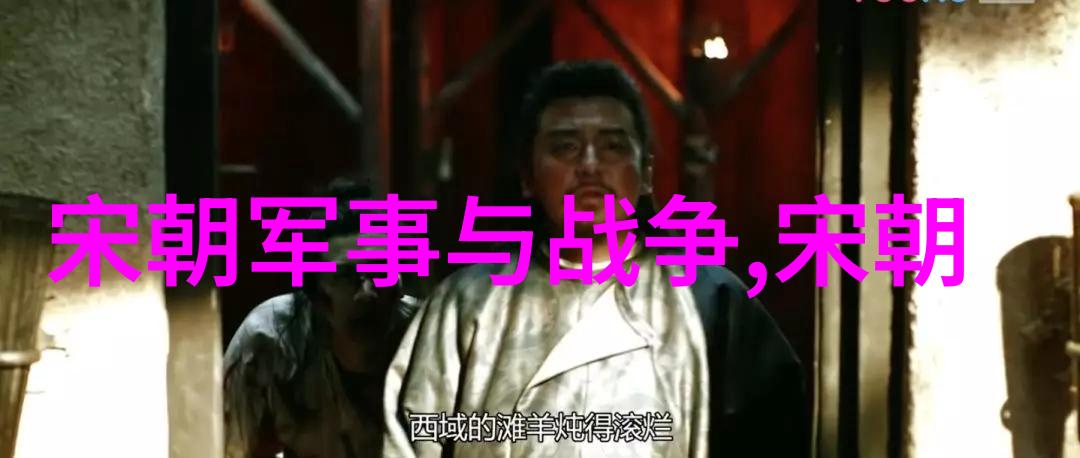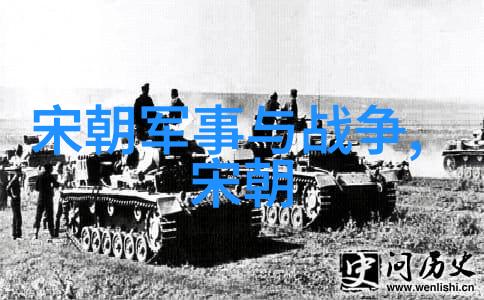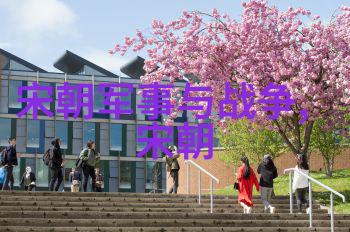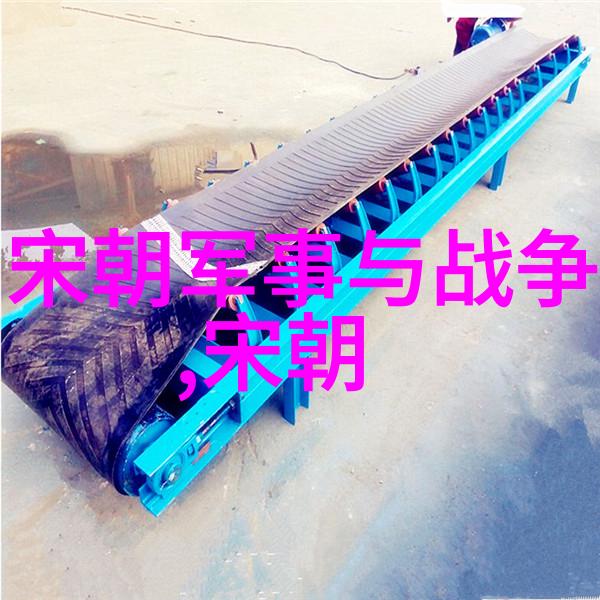Who were the Eight Immortals revered in Chinese fo
The Eight Immortals are a group of eight legendary figures in Chinese folklore who embody various virtues and qualities. They have been revered for centuries as symbols of longevity, prosperity, and good fortune. The story of these immortals is deeply rooted in China's rich cultural heritage and reflects its history, traditions, and values.
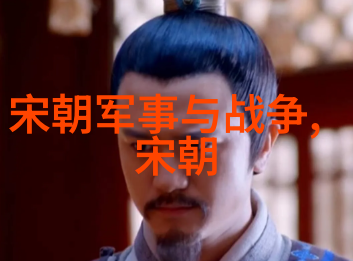
The Eight Immortals are:
Li Tieguai (Iron Crutch Li), a blacksmith who lost his arm to amputation but was granted immortality by the gods.
Cao Guojiu (Old Man Han), an old man with a bamboo tube that can never be exhausted.
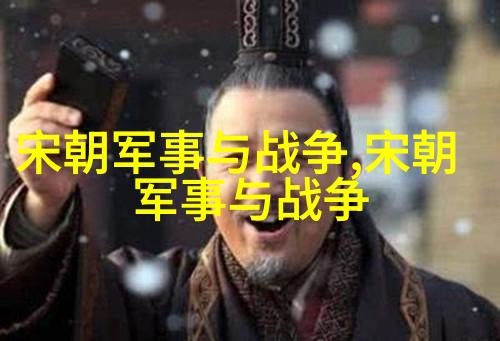
He Xiangu (Heavenly Maiden He), the only female immortal among them.
Zhongli Quan (Zhongli General), a general from ancient times known for his bravery.

Lü Dongbin (Lü Zhenjun), one of the four great sages or "Wenchen" with extraordinary wisdom.
Zhang Guolao (Zhang Daoling), an influential Taoist teacher who founded the Celestial Masters movement.

Han Xiangzi (Han Zhongxiang), a poet-scholar who lived during the Tang Dynasty.
These characters gained their immortality through various means - some were granted it by gods while others achieved it through meditation or spiritual practices.
In Chinese culture, each immortal represents specific virtues or characteristics:

Iron Crutch Li symbolizes healing power;
Old Man Han represents abundance;
Heavenly Maiden He embodies purity;
Zhongli General signifies martial prowess;
Lü Zhenjun epitomizes wisdom;
Zhang Daoling exemplifies spiritual leadership;
Han Zhongxiang personifies poetic talent;
Their stories often revolve around their adventures on earth before achieving immortality – sometimes involving supernatural powers or encounters with other famous historical figures such as Confucius.
Artists throughout history have portrayed these characters in numerous works including paintings, sculptures, operas and even films which further solidified their place within popular culture.
Today, you can still see depictions of these iconic figures at temples across China where they're worshipped alongside other deities like Buddha or Taoist gods like Wudoumi Tianzun.
As part of celebrations during traditional festivals like Qingming Festival or Dragon Boat Festival – when people honor ancestors by visiting family tombs – images of these immortals appear on altars along with offerings for blessings from above.
Moreover many modern businesses use imagery associated with these legends to attract customers seeking good luck - restaurants display pictures representing abundance while pharmacies might feature healing-related motifs based on Iron Crutch Li's legend
It's fascinating how this group has endured over time despite shifting societal values reflecting changes within human society yet remaining integral to understanding China's rich past
So next time you visit any temple dedicated to worshiping ancestors remember not just about honoring your loved ones but also getting inspiration from unique stories that shaped our collective memory
